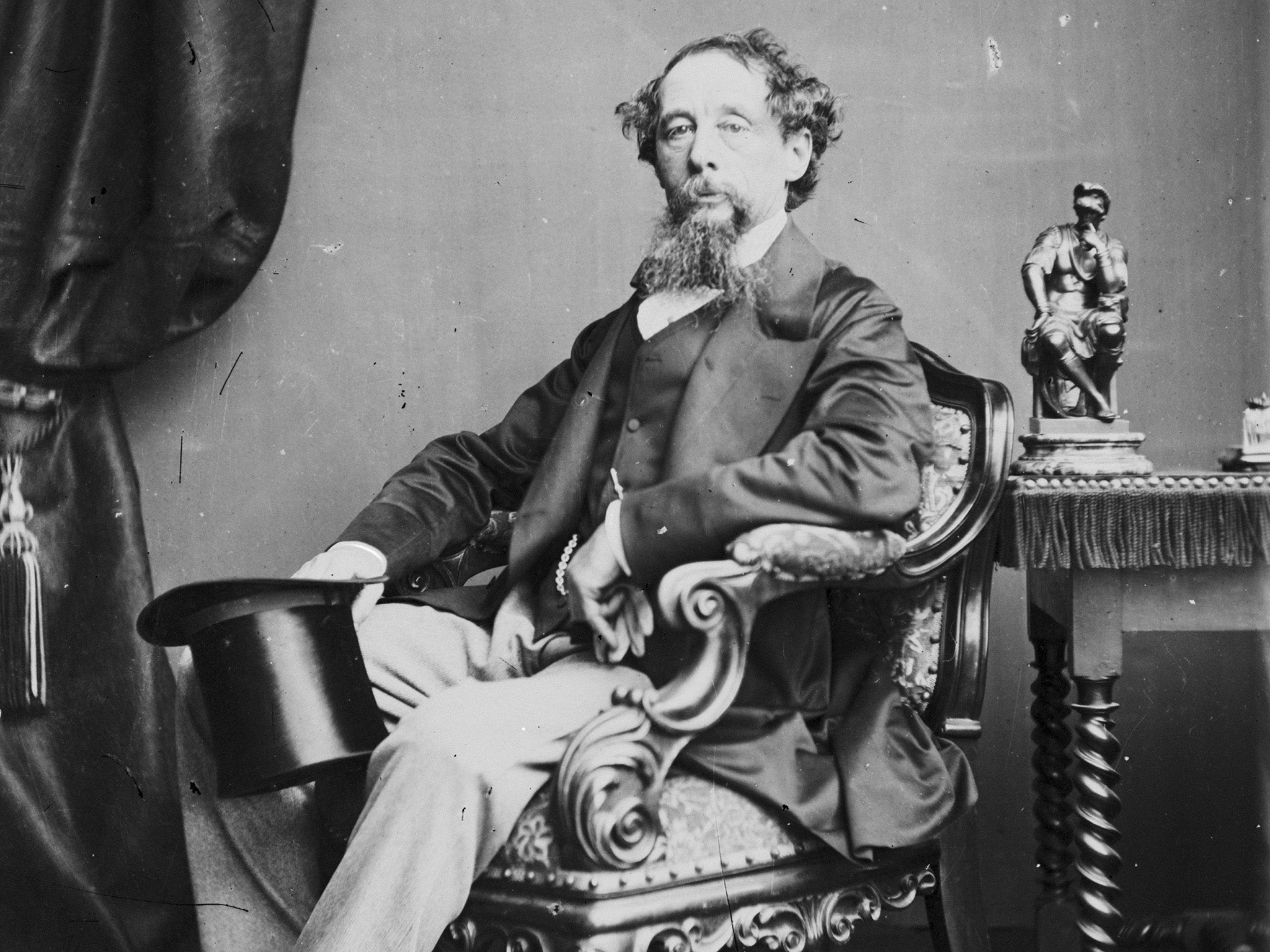All the Year Round: Long-lost eccentric Victorian stories are pure joy
Long-lost articles by Charles Dickens and other superstars of the mid-Victorian era have been rediscovered and attributed

Your support helps us to tell the story
From reproductive rights to climate change to Big Tech, The Independent is on the ground when the story is developing. Whether it's investigating the financials of Elon Musk's pro-Trump PAC or producing our latest documentary, 'The A Word', which shines a light on the American women fighting for reproductive rights, we know how important it is to parse out the facts from the messaging.
At such a critical moment in US history, we need reporters on the ground. Your donation allows us to keep sending journalists to speak to both sides of the story.
The Independent is trusted by Americans across the entire political spectrum. And unlike many other quality news outlets, we choose not to lock Americans out of our reporting and analysis with paywalls. We believe quality journalism should be available to everyone, paid for by those who can afford it.
Your support makes all the difference.It has something of a Dickensian quality itself, the story of how long-lost articles by Charles Dickens and other superstars of the mid-Victorian era had been rediscovered and attributed. The man responsible is Mr Jeremy Parrott, who, in line with his evocative surname, makes a living as an antiquarian bookseller, just as he might have done in the era of Dickens himself.
For example, we are now introduced to the splendid, splendid, world of Mr Francis Trevelyan Buckland, another of Dickens’s collaborators on the most popular periodical of the 1860s, All the Year Round, a sort of Buzzfeed of its day.
Buckland, we learn, was fond of animals, alive and dead, and one wonders what Dickens might have made of a house stuffed with taxidermical wonders, and live ones besides. And all so delectably edible, from mole to bluebottle to Japanese sea slug, none of God’s creatures escaped the attentions of this most catholic of gourmands. Mind you, we don’t suppose that many supper party guests of Mr Buckland would have asked for more.
After a century and a half, the four-foot Mr Buckland’s account of his manoeuvring a nine‑foot sturgeon down the stairs is still entertaining, and even at this distance it is possible to enjoy his account of the armoured sea monster’s unscheduled appearance in his kitchen, replete with its complement of monkeys, dogs and cooks.
It all bears out Dickens’s own description of his literary vocation: “I feel an earnest and humble desire, and shall do till I die, to increase the stock of harmless cheerfulness.”
Join our commenting forum
Join thought-provoking conversations, follow other Independent readers and see their replies
0Comments